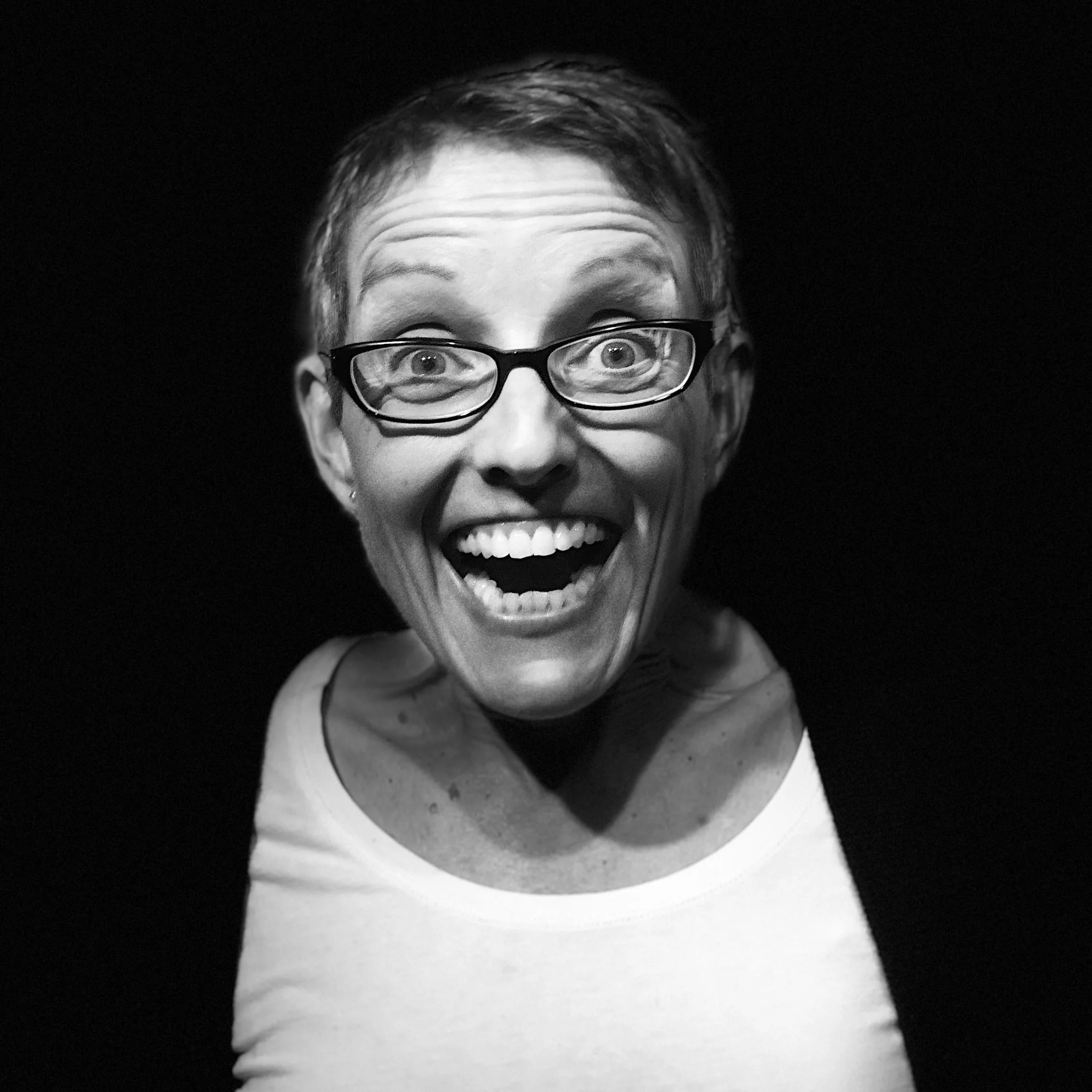Women are Athletes, Too: The Gender Bias In Golf Coaching
Women in sports have taken a hit in the media recently. You will not find a single female on the list of 100 top paid professional athletes. Even the number of female NCAA coaches are dropping. That’s why GenderAvenger is paying attention. Speak up and raise your concerns when you see imbalance everywhere — the sports world included.
Increasingly, sport is being seen as a barometer for gender equality. Even the United Nations has recognized that women’s representation and acceptance in sport reflects gender equality in the broader society. Because of this relationship between sport and social justice, governments are holding sporting governing bodies to account for increasing female participation. Many governing bodies, like golf’s, have turned to coaching programs to drive female participation. ‘Get into Golf’ and ‘Get Golf Ready’ are examples of these programs. Although a coaching driven strategy is logical, it may not succeed. As my research finds, the golf coaching workforce has a gender bias that may detract from the learning experience of women entering golf through coaching initiatives.
When coaches believe that others’ ability can improve, they interact with them in ways that increase their motivation. They tell them what they need to do to improve and how to do it. When coaches don't believe others’ ability can improve, they are more likely to be judgemental and give comforting, less informative feedback. For example, “Its okay, but not everyone can be good at golf.” Carol Dweck, a Stanford psychologist, calls these beliefs mindsets. And believing ability can improve is called a growth mindset.
In my research I looked at the mindsets coaches had about entry level male and female golfers. The findings were startling. Golf coaches had a significantly more growth mindset about male players than female players. This means that golf coaches believe entry level male players are more able to improve than similar female players. But that's not all. As expected, the beliefs that coaches had about their golf students correlated significantly with the type of feedback coaches would reportedly give during lessons.
Even though the golf industry is relying on coaching programs to drive female golf participation, it has neglected to address the gender bias that exists in its coaching workforce. It is highly likely that during their first exposure to golf, entry level female players will have a coach who doesn't believe they can improve as much as male players in the class. And consequently, their coaching experience will be sub par. Practically, new women golfers will not understand how to improve their games, and know their coach doesn't think they can! Furthermore, the cultural mindset created by coaches will reduce women's sense of belonging and motivation for the game.
There is good news, however. Coaches’ mindsets can be retrained through education. But before that can be done the golf industry needs to acknowledge golf coaches’ gender bias. This could be by examining golf’s broader culture, or simply the golf coaching environment that allows coaches’ bias to exist. I hope that my research provides an objective reflection and discussion point for golf’s governing bodies, and other sports, to rethink the strategy of simply rolling out coaching programs to drive female participation. Unless the golf industry addresses the gender bias in its workforce, it is just giving lip service to its commitment of increasing female participation and its recognition of sport participation as a broader social justice issue.
Dr. Susan Shapcott is not a typical academic. She played international golf for Great Britain and Ireland and has coached golf professionally for 25 years. Susan completed a Master's degree in educational psychology (Arizona State University) and a PhD in education (University of Bath). Her research focuses on the influence of coaching on recreational participation in sport.
Susan lives in Madison, WI and is the founder of Change Golf Instruction, a golf coaching business that partners with public golf courses, and sportsquery.org, a consulting business that assists sports organizations incorporate social science into their policies and practices.
Contact Dr. Susan Shapcott at sue@sportsquery.org.


